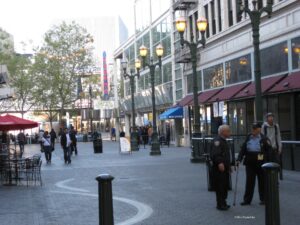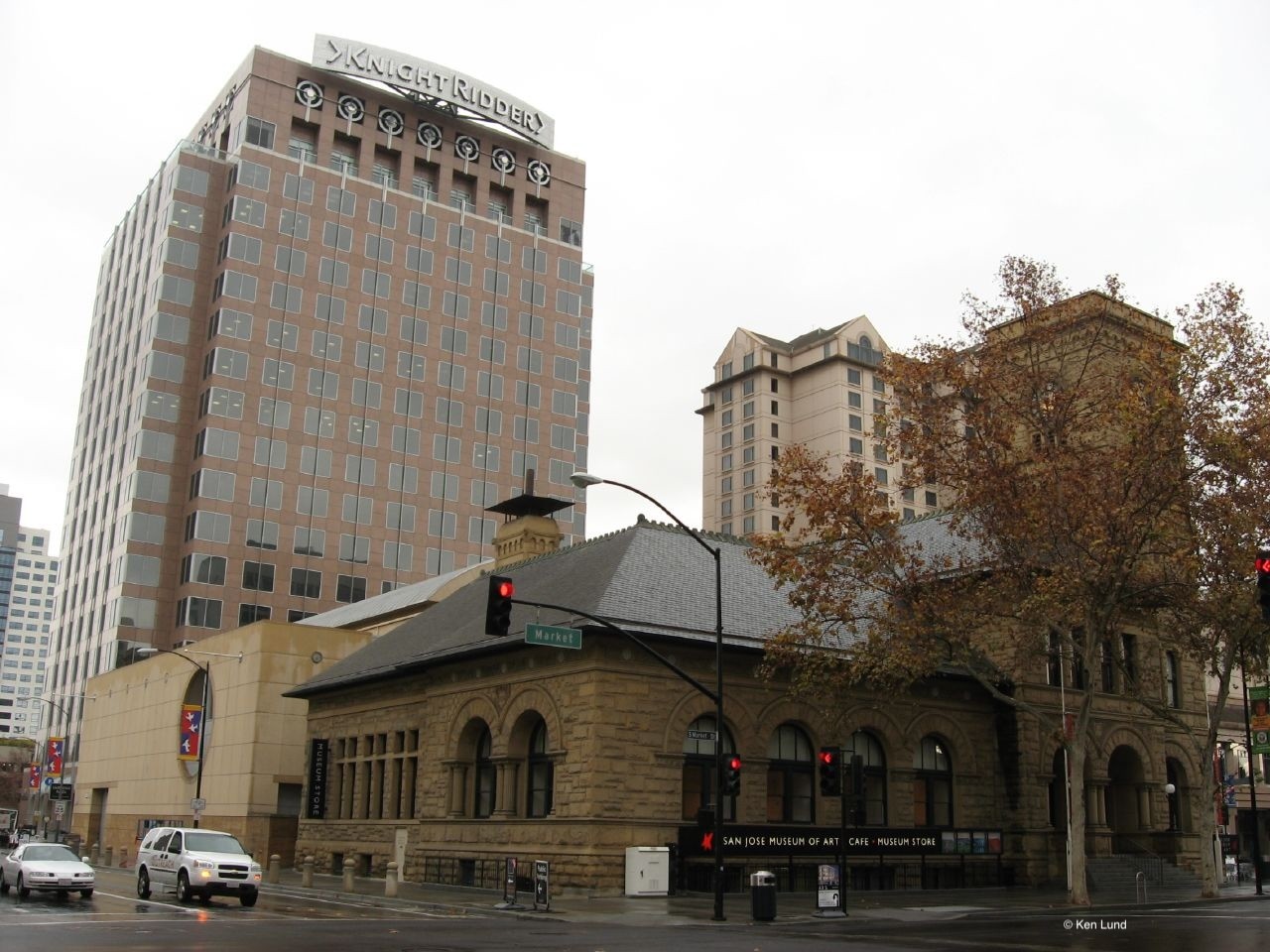Major cities in California have decayed in recent years as elected officials and city bureaucrats have doubled down on a mix of government mandates, excessive regulations, high fees and lax enforcement of public safety laws that have created an unattractive quality of life driving away businesses, jobs, tax revenue and residents.
Fed up residents desiring more livable, affordable and prosperous communities have voiced their desire for change at the ballot box, electing reformers like San Francisco Mayor Daniel Lurie and Los Angeles District Attorney Nathan Hochman to turn things around.
One such reformer is San José Mayor Matt Mahan. Upon taking office, the mayor of California’s third largest city took the helm of what PRI’s Free Cities Index of America’s top pro-growth cities termed a “declining city.” The city tied for fourth to last among the 50 cities measured in the index for economic incentives offered, second to last in average individual tax burden, third to last for regulations, and in the bottom ten for business environment.
Over the past few years, San José has enjoyed a stunning economic resurgence spearheaded by Mahan, whose forward-thinking agenda has already won plaudits for his leadership turning around the city’s nagging housing, homelessness, and retail theft problems. Under his leadership, San José has embraced the power of artificial intelligence to remedy a variety of public policy issues.

San José has equipped nearly 150 stoplights in the city with AI tools that have enabled buses to run quicker, and reduced commute times by 20%. The City has similarly led the way in piloting an object detection initiative which will help pedestrians and motorists detect road hazards and obstructions, and has laid out a Vision Zero plan which will leverage the potential of artificial intelligence to eliminate traffic fatalities.
Mahan’s ambitious strategy has already yielded results: The Bay Area Council Economic Institute found that San José has recovered 90% of its pre-pandemic foot traffic, compared to Oakland’s 74%, and San Francisco’s 59%, while the Brookings Institution has labelled San José an AI ‘superstar,’ one of just two metro area in the entire nation.
Another key to the city’s revival has been Mahan’s focus on San José State University, which Mahan described as ‘an incredible asset’ for developing talent and growing the local economy. Navigating the complex approval process, the University successfully transformed an old downtown hotel into the Spartan Village development, which provides 700 student beds, and has integrated college life into San José’s urban community.
Not resting on its laurels, the City has taken a variety of steps to ensure its long-term economic prosperity. Earlier this summer, San José announced a historic partnership with the Pacific Gas and Electric Company, the first of its kind, which would guarantee delivery of up to 2000 megawatts of new transmission capacity. Not only will this agreement ensure that San José delivers the energy required to meet the demand of data centers, PG&E are confident that consumer bills will drop by 1-2%.
Mahan has also adopted a pro-manufacturing stance that has benefitted the local economy and boosted investment in the city. Keen to honor San Jose’s manufacturing roots, the city hosts an annual Manufacturing Week event to promote manufacturing as a viable career path for its young people, while a study conducted by ABM rated San José as No.1 in the nation for manufacturing, a ranking based on the city’s total manufacturing employment, annual wages, and employment growth, Not only was San José the highest rated city, but it received a perfect score of 100, over seven points ahead of second placed Tulsa, Oklahoma. Mahan believes the city must ‘continue to say yes to manufacturing,’ a business-friendly approach that convinced Nokia to establish a new manufacturing center in San Jose. Totaling over 82,000 square feet, Nokia is confident the project spur the creation of hundreds of new local construction jobs.
Mahan’s level-headed and sensible approach to governance stands in stark contrast to California Governor Gavin Newsom, who has prioritized antagonizing Donald Trump over the needs of everyday Californians.
Mahan rightfully ripped into Gov. Newsom for his flippant reaction to Bed Bath & Beyond relocating from California and has consistently chastised Gov. Newsom for failing to meaningfully address California’s homelessness and crime problems. Indeed, Mahan emerged as a state leader last year as he broke with Governor Newsom and lead a coalition of local leaders who backed Prop. 36, the successful ballot initiative that increased punishments for theft and allowed felony sentencing for illegal drug possession.
On homelessness, Mahan’s ‘Quick-Build’ Communities program has been a hit: in 2023, the population of unsheltered residents fell by 10% following the creation of emergency interim housing. Following the Supreme Court’s holding in Grants Pass v. Johnson freeing cities to enforce anti-camping laws, Mahan has rolled out a ‘Responsibility to Shelter’ initiative which would enforce trespassing charges for homeless individuals who repeatedly refuse shelter. Far from a punishment, the initiative incentivizes the homeless to take advantage of the hundreds of new housing units and shelters the city has invested in. Later this month, San Jose will open a new interim housing site with its partner Dignity Moves which they anticipate will house over 100 residents.
In an era of intense political polarization, Mahan has been a breath of fresh fair, a politician who understands that leaders neither hide behind slogans, nor engage in petty mud-slinging. Focusing instead on the concerns of his constituents, Mahan has found a winning formula for turning around San José’s fortunes by applying innovating technological solutions to the bread and butter issues that voters care about. As families and businesses flee California en masse, cities across the Golden State would be wise to follow his lead.
Nikhil Agarwal is a Pacific Research Institute research associate.


